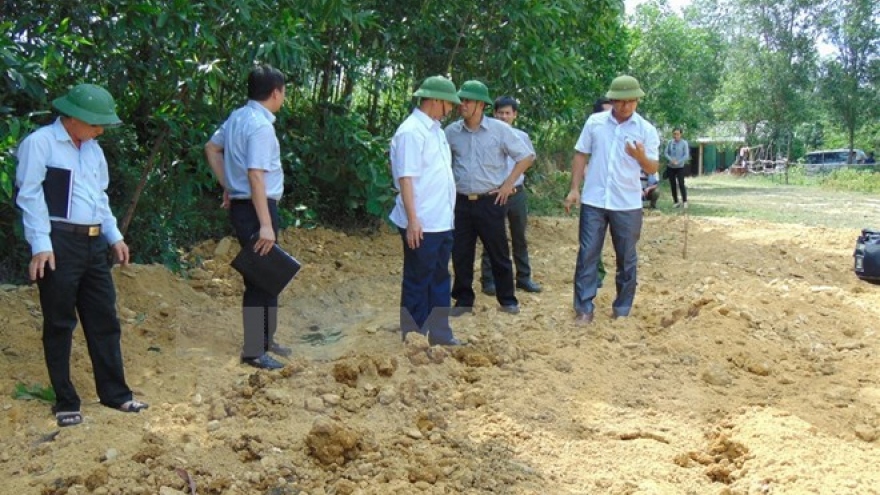Formosa catastrophe takes toll on tourism in Vietnam province
The tourism industry of Quang Binh has been squeezed by the toxic disaster caused by the Vietnam unit of Taiwanese conglomerate Formosa Plastics Group in Ha Tinh Province, a senior local official has said.
 |
The number of tourists to the central province has recorded a 20% year-on-year decrease, plummeting to 1.3 million, Tran Tien Dung, Quang Binh's vice mayor, said on July 15.
“Construction on several new hotel and restaurant projects in the province has been temporarily shelved," Dung said. "[Investors] are waiting for the situation to improve to resume their works.”
Many travel companies and hotels in Quang Binh have to reduce staff to cut cost due to fewer tourists. Various measures by the provincial government and local companies have failed to reverse the decline in tourist arrivals, Dung said.
He asked the central government to deal with the Formosa incident to help recover the maritime economic operations and travel industry in the central region.
In early April, large quantities of fish washed up dead near the Vung Ang Economic Zone in Ha Tinh Province.
The disaster stretched 200 kilometers (124 miles) along the central Vietnamese coast, as far south as Thua Thien-Hue, resulting in the death of more than 70 tons of sea fish and 35 tons of farm-raised fish.
Especially hard hit were Ha Tinh, Quang Tri, Quang Binh and Thua Thien Hue provinces where thousands of fishermen lost customers or were forced to sell at a loss.
In late June, Formosa Ha Tinh Steel admitted its US$10.6 billion steel plant had been responsible for the massive fish deaths, pledging US$500 million in damages.
The central government has assigned the Ministry of Culture, Sports and Tourism to develop a blueprint that earmakrs tourism as a key economic industry of the country.
Quang Binh has several beautiful beaches and a variety of tourist staples including Son Doong, which was named the world's largest cave by the British Cave Research Association in 2009 and Phong Nha-Ke Bang National Park, which was inscribed on the World Heritage List in 2003.


